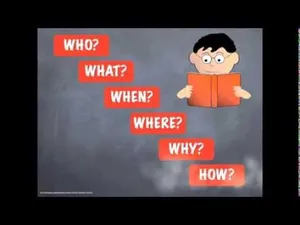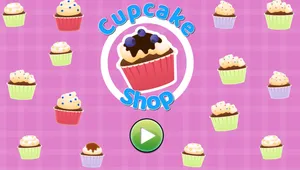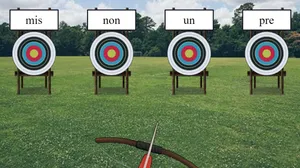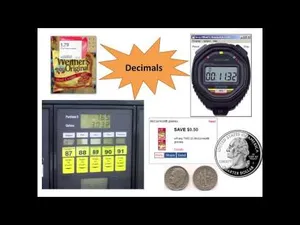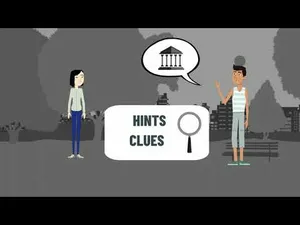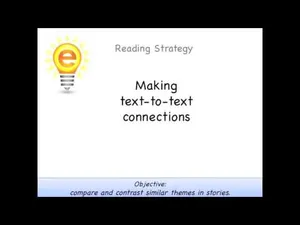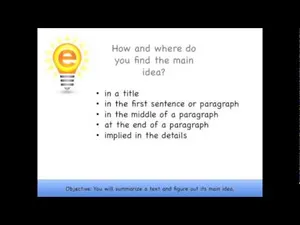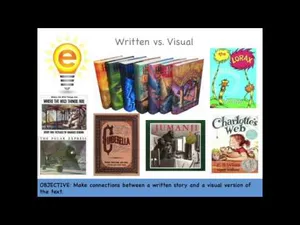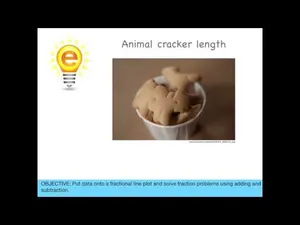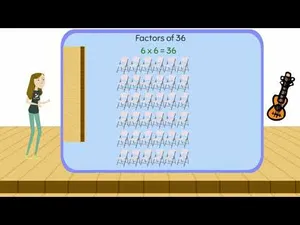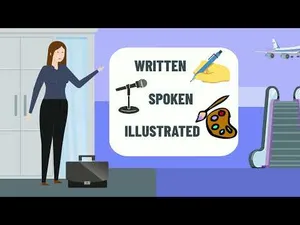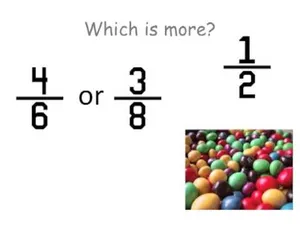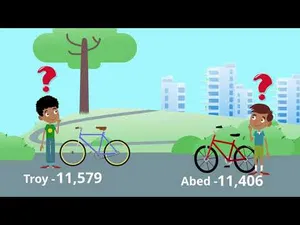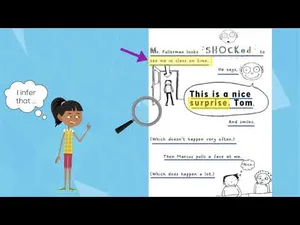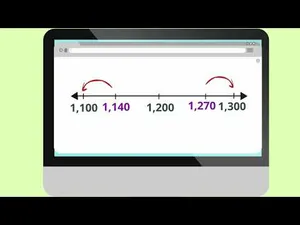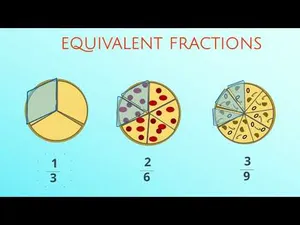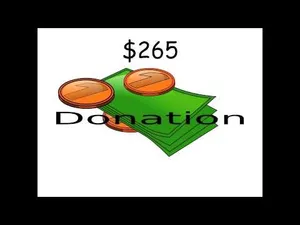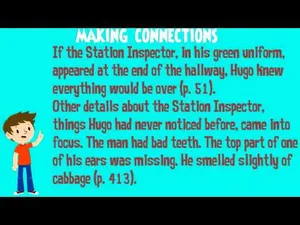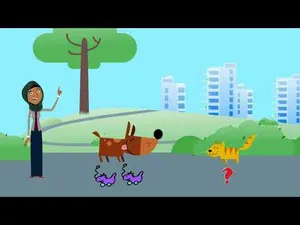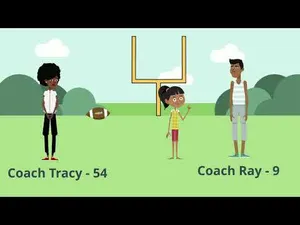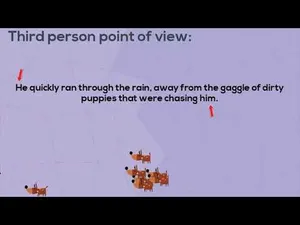Decimals and Fractions with Denominators of 10 or 100
Introducing Decimals
Intro to Context Clues 4th Grade
Meaning of Words and Phrases
Comparing Themes
Compare and Contrast Themes
Summarizing the Main Idea
Summarize a Text's Main Idea
Written vs. Visual Versions of a Story
Compare a Story and Visuals
Using Fractional Line Plots
Fractional Line Plots
Intro to Factors and Multiples
Factors and Multiples
Intro to Informational Graphics
Graphics to Understand a Text
Converting and Comparing Fractions
Comparing Fractions
Writing and Comparing Numbers
Write and Compare Large Numbers
Explaining What A Story Is All About
Inferences Using Evidence
What is rounding? Multi-Digit Numbers
Round Multi-Digit Whole Numbers
Introduction to Equivalent Fractions
Explain Equivalent Fractions
Intro to Adding Large Numbers
Add and Subtract Multi-Digit Whole Numbers
Making Connections: Similarities & Differences
Compare a Story and Visuals
Multiplicative Comparisons
Multiplicative Comparisons
Solve Comparison Word Problems
Multiply with Word Problems
Comparing Point of View
Different Points of View
Using Textual Evidence
Developing Arguments
Additive Angles / Unknown Angles
Additive Angles
Educational Activities and Teaching Resources for 4th Grade
Welcome to fourth grade! Whole numbers are easy at this point—fractions are what separate the true mathematicians from the beginners. (This is not true, but hopefully your fourth graders feel that way). In fourth grade, students will build on the multiplication and division skills mastered in the previous year to solve more complex problems using a variety of strategies. Pattern recognition is emphasized and place value is revisited. Students can now fluently add and subtract large numbers, compare fractions and decimals, and begin applying operations to those numbers. Various units of measurement are explored and angles and lines serve as the primary themes for most geometry work.
Is there anything more rewarding than listening to your fourth grader give a mini dissertation on a new topic they just read about for the first time? Expertise is born in books. Most fourth grade-level readers are moving beyond basic consumption of text toward deeper levels of understanding and connection. Students will be developing the ability to infer much more than they have in the past and integrate information from multiple sources to build background knowledge on various subjects. eSpark's fourth grade reading content is focused primarily on Reading Literature and Reading Informational skills, with an emphasis on not just understanding text, but also synthesizing and using the information.
Some of the skills students will master in eSpark include:
Math
- Understanding multiplicative comparisons and distinguishing them from additive comparisons
- Solving multi-step, whole-number word problems using all four operations
- Learning how to use letters as stand-ins for unknown quantities
- Identifying patterns and implicit features of patterns
- Using place value to round multi-digit whole numbers
- Reading and writing multi-digit whole numbers using numerals, number names, and expanded form
- Fluently adding and subtracting multi-digit whole numbers
- Multiplying multi-digit numbers with place value, properties of multiplication, and arrays
- Explaining equivalent fractions and comparing fractions
- Adding and subtracting fractions and mixed numbers
- Understanding decimals
Reading
- Referring to details and examples when explaining what the text says and describing elements in depth
- Drawing inferences from text
- Determining the meaning of words and phrases based on origin and context
- Explaining the differences between poems, drama, and prose and identifying structural elements of each
- Comparing and contrasting point of view and firsthand vs. secondhand accounts
- Determining the main idea of nonfiction text and the theme of a story, drama, or poem
- Describing structure using chronological, cause/effect, and problem/solution language
- Interpreting information presented in non-text formats like charts, graphs, and web elements
- Understanding and explaining author logic and evidence
eSpark is truly unique in the world of online learning. Our holistic, student-centered approach blends the proven benefits of play-based learning with systematic, explicit, and direct instruction. It’s proof that learning can be fun, personalized, and effective, all at once!
eSpark meets the criteria for evidence-based interventions under ESSA guidelines, and has been proven in multiple studies to improve student performance in math and reading.
When you sign up for an eSpark account, your students experience these activities via adaptive, differentiated independent pathways and teacher-driven small group assignments. Teachers also have access to detailed usage and progress reports with valuable insights into standards mastery, student growth trends, and intervention opportunities.
With the addition of the game-changing Choice Texts for the 2023-2024 school year, eSpark has cemented its status as the most loved supplemental instruction option for students and teachers alike. Claim your free account today and see the difference for yourself!
